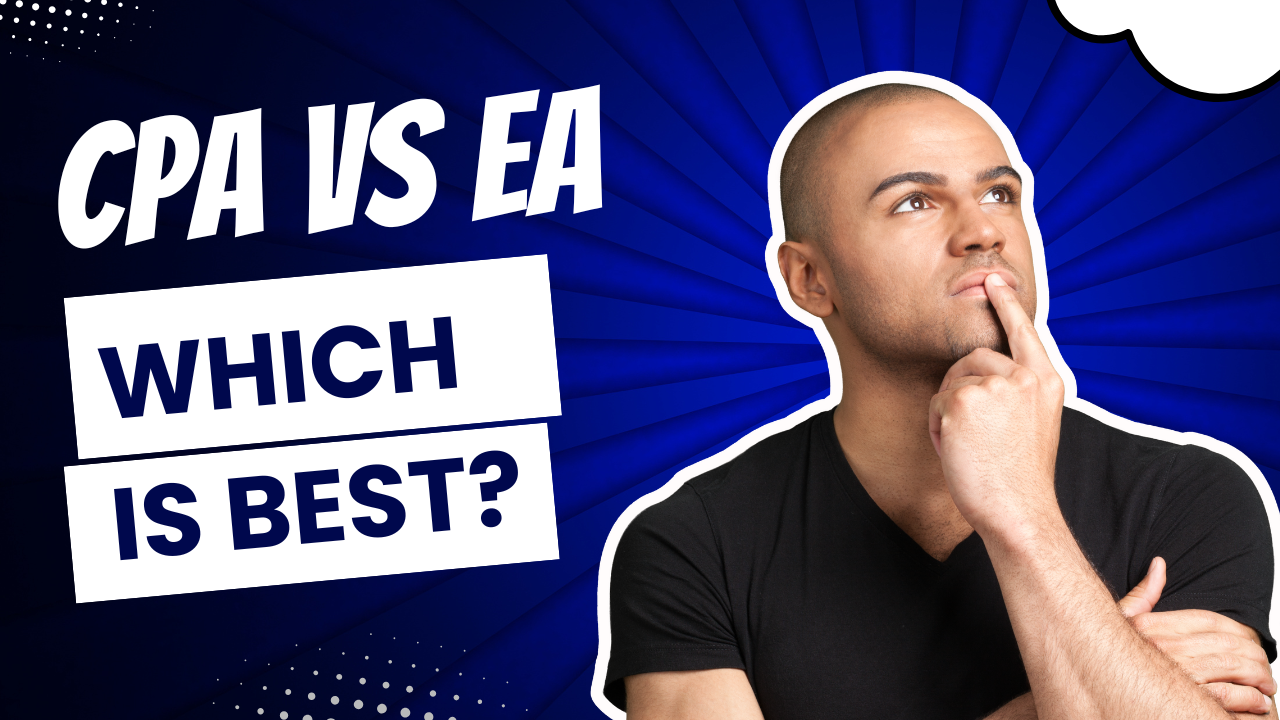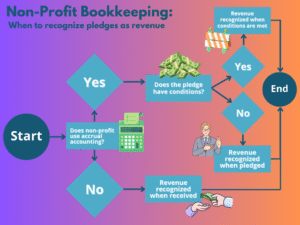CPA vs. EA: How Bookkeepers Can Guide Clients to the Right Tax Professional
As a bookkeeper, you’re often the first line of defense when your small business clients have questions about taxes. One of the most common dilemmas they face is whether to hire a Certified Public Accountant (CPA) or an Enrolled Agent (EA) for their tax needs. While both professionals can help with tax preparation and planning, there are important differences that can impact your client’s experience and results.
Understanding the Basics: CPA vs. EA
Enrolled Agent (EA):
- Licensed by the IRS and specializes exclusively in taxation.
- Must pass a comprehensive three-part exam covering individual and business tax returns, as well as IRS procedures and ethics.
- Authorized to represent taxpayers before the IRS for audits, collections, and appeals.
- EAs are tax experts, often working with individuals and small businesses.
Certified Public Accountant (CPA):
- Licensed by individual states and must meet rigorous education, experience, and exam requirements.
- Training covers a broad range of accounting topics, including audit, financial reporting, and business law—not just taxes.
- CPAs can provide a wide array of services, from tax preparation to financial audits and business consulting.
- Not all CPAs specialize in tax; many work in areas like auditing or corporate finance.
What Should Bookkeepers Advise?
1. Focus on Tax Experience, Not Just the Title
It’s a common misconception that all CPAs are tax experts. In reality, many CPAs spend their careers in fields unrelated to tax. When advising your clients, encourage them to ask about a professional’s specific tax experience, not just their credentials.
2. Consider the Size and Structure of the Firm
Large CPA firms often prioritize their biggest clients. Small business tax returns may be handled by junior staff or even interns, with minimal oversight from senior CPAs. In contrast, working with a solopreneur EA or CPA often means more personalized attention and direct access to the person preparing the return.
3. Ask the Right Vetting Questions
Help your clients vet potential tax professionals by suggesting questions like:
- How much of your practice is focused on tax preparation for small businesses?
- Will you personally prepare my return, or will it be delegated?
- Do you include a balance sheet with the tax return, even if it’s not required?
- Can you provide references from other small business clients?
4. Be a Second Set of Eyes
As a bookkeeper, you add value by reviewing your client’s tax return before it’s filed. Many errors—sometimes costly ones—can slip through the cracks, especially when tax professionals are juggling a high volume of clients during tax season.
When to Recommend an EA
- The client’s needs are strictly tax-related (preparation, planning, IRS representation).
- The client values specialized tax knowledge and a more personal touch.
- The client is looking for cost-effective tax services.
When to Recommend a CPA
- The client needs broader financial services, such as audits, reviews, or business consulting.
- The client’s business is growing and may require more complex financial guidance.
- The client prefers working with a firm that offers a range of accounting services.
Final Thoughts
Your clients trust you to help them make smart financial decisions. By understanding the differences between CPAs and EAs—and knowing what questions to ask—you can guide them to the right tax professional for their unique needs. Remember, the best choice isn’t always about the title, but about the experience, attention, and expertise the professional brings to the table.
Want to learn more? Watch our latest video where Lindsay Kline breaks down the CPA vs. EA debate and shares insider tips for bookkeepers advising their clients! CPA vs EA





